For the newbie, what is blockchain?
Technically, blockchain is defined as a system in which transactions are recorded on a decentralised ledger - examples of such are bitcoin or ethereum. These ledgers are maintained across a network of several participant computers that are linked in a peer-to-peer network.
CONFUSED ?

Don't worry, we got you
Assume you have a document folder full of receipts in it and a cupboard full of these folders which use a locking system such that the information in the folders cannot be edited and the previous folder and next folder are linked in the lock. Now imagine, everyone who participates in the economy maintains an identical copy of this cupboard. This is the blockchain, a set of information (receipts) stored in blocks (folders) that are cryptographically linked (locks) in a blockchain (cupboard) maintained by a decentralized community of participants (identical copies).
Why is blockchain special?
Now that you have a clear understanding of what blockchain is, why should you care? Blockchain allows information to be recorded in a distributed system that doesn't permit change once recorded. In its simplest form it’s a database that cannot be altered once information has been entered in it and is not controlled by any one individual or company.
This opens up the possibilities of working with peers in an economy without a mediator or a trusted third party.
Blockchain based applications are referred to as Web 3.0 technologies and are widely accepted to be the next big wave of the future of the internet. Web 3.0 is expected to make just as big of a change to how businesses operate, as Social Media and E-Commerce did.
People have come to realise that as great as the power of the internet is, over time, it has given a few institutions around the world excessive ownership of people's information. This, apart from moral and privacy concerns of dealing with these centralised networks, also poses a security concern to many.
Secondly, a trustworthy decentralised network also simplifies trade to be conducted - without a middleman to facilitate and authenticate a transaction. Digital transactions are possible to be authenticated in a peer to peer network thus, increasing the transparency and security.
The future economy
Trustless Ecosystem
The world has become a lot smaller with globalisation since the internet has become more accessible and with this globalisation, people are able to target a larger population to sell their goods and services. An increasing number of these are now done purely online, without human contact or communication. In this online world, trust has become a point of concern in modern world trade.
Third party institutions, like e-commerce platforms or banks have since taken on the role of vouching for the two interacting parties to facilitate this trade and bring trust. This works well, however adds an unnecessary layer of cost and bureaucracy over the system.
Blockchain enables the same to be possible for the first time in a peer to peer transaction, in which the two parties still do not trust each other, but can instead trust the decentralised blockchain to facilitate the transaction.
Real-time payment settlement
Blockchain also enables a modern global technology that enables settlements to be done in real time, over multiple currencies and across international borders without the need of third parties and at no additional charges. The same in conventional methods takes several days and multiple bank charges to achieve.
Smart Contracts
Smart Contracts have become an integral feature of the working of complex blockchain systems and are currently the centre point of up and coming cutting edge technologies in the ecosystem.
These smart contracts are in essence a set of instructions that are stored, triggered and executed by the blockchain itself to automate multiple transactions to occur.
For example, the buyer and seller of a apartment may mutually enter into a smart contract such that the ownership of the apartment could be transferred to the smart contract address as a escrow which would be automatically released upon the complete payment of the agreed upon remuneration to the sellers wallet address, with a clauses of payment schedules, missed payments etc. all built in.
In the above scenario a complex transaction has been managed between two untrusting parties individually without the need of a third party and minimal grounds of dispute.
Transparency
The basic concepts of blockchain technologies encourage transparency in the ecosystem. Major blockchains like bitcoin and ethereum are completely public ledgers that are managed by validators / miners to authenticate the transactions. Every single smart contract and transactions occurring on the blockchain is public information that can be viewed by all. Wallet addresses, however, can be kept anonymous. Unlike centralised networks in which people hold their assets, blockchains provide a much greater level of security and ownership of the system.
This technology is most definitely not experimental anymore and has been validated and used by many to make it safe. However, mainstream acceptance is still ongoing and may take a few years to be a widely used technology by all.


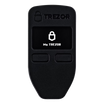
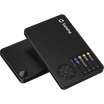
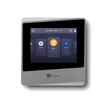


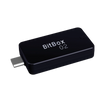
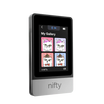
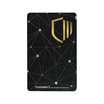




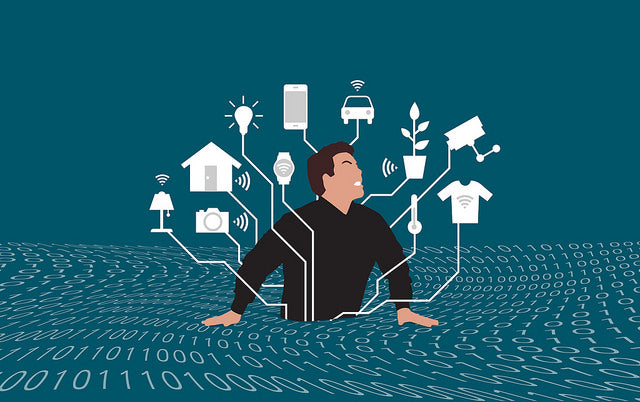
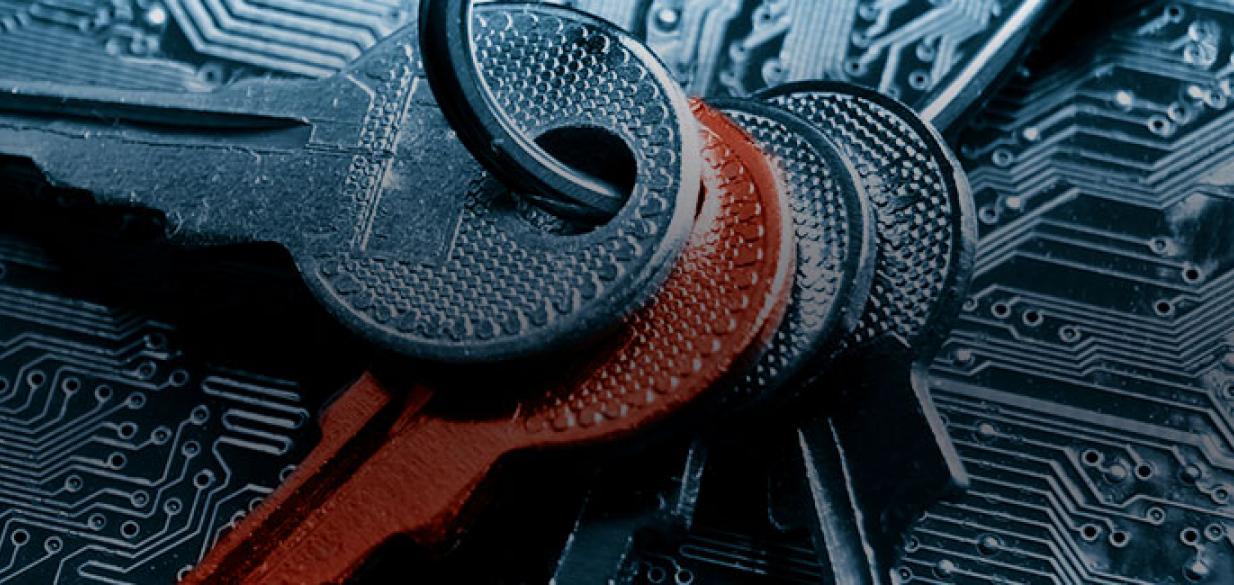
Leave a comment
This site is protected by hCaptcha and the hCaptcha Privacy Policy and Terms of Service apply.